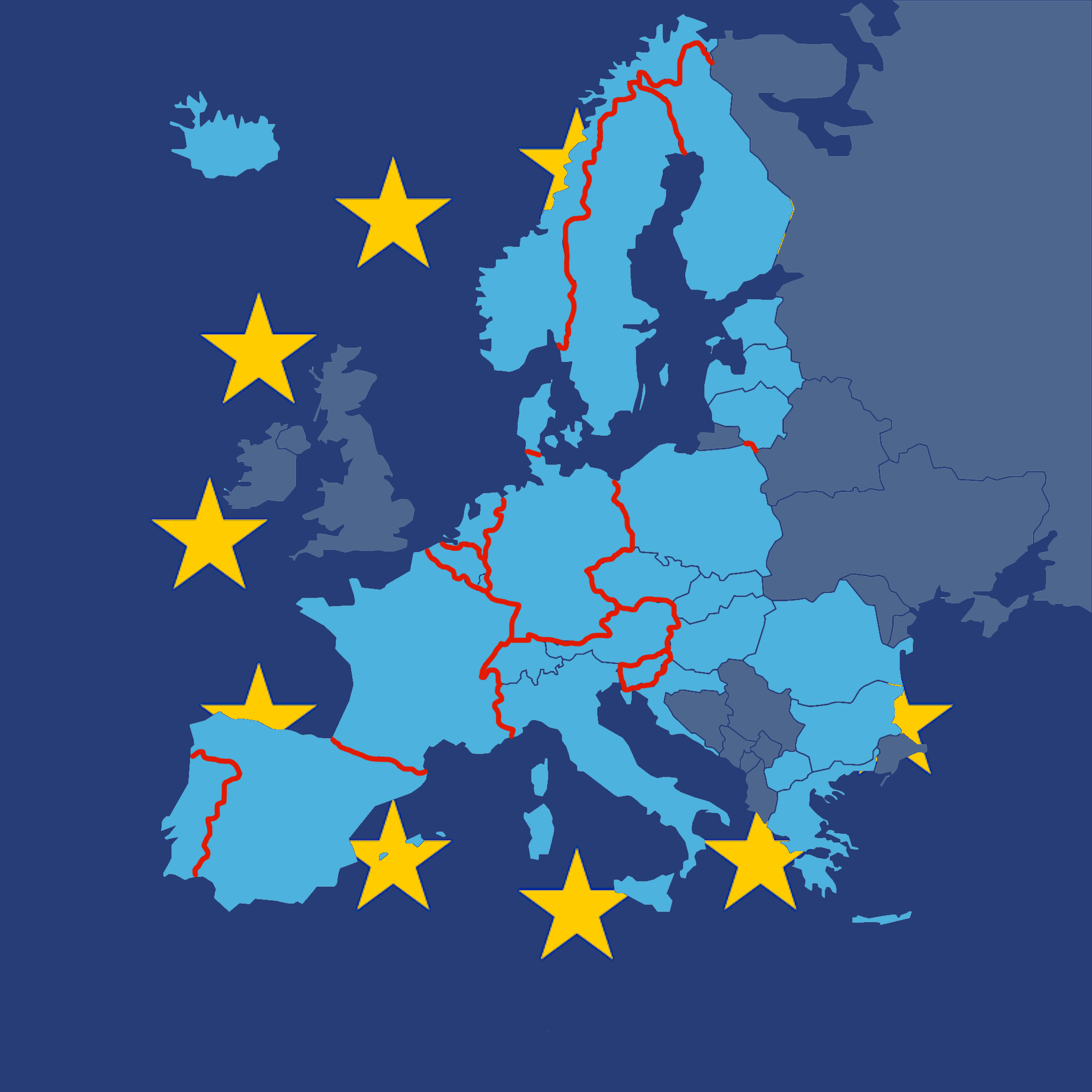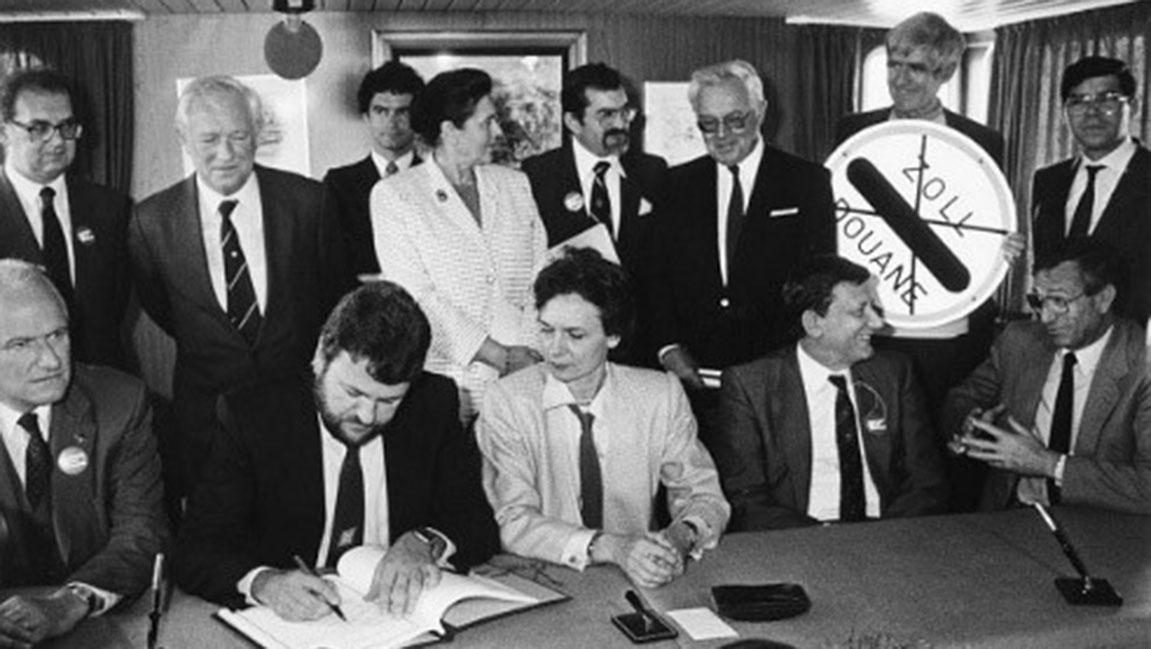Do you have anything to add to this story? Any ideas for interviews or angles we should explore? Let us know if you’d like to write a follow-up, a counterpoint, or share a similar story.
The European Union’s open borders system was created over 40 years ago as an agreement between 5 countries, signed in the Luxembourgish village of Schengen. Yet today this core freedom is starting to be endangered. By mid-2025, at least 11 of the 29 Schengen states had announced temporary internal border checks. This list includes big countries like Germany, France, Austria, Italy and the Netherlands.
Border arrangements differ by country. France reimposed checks in November 2024 with all its neighbors (Belgium, Germany, Spain etc.) and has kept them in place into 2025. Germany has extended checkpoints to cover all of its land frontiers while Austria checks traffic from Hungary and Slovenia. Most recently, on July 1, 2025 Poland announced new checks on its borders with Germany and Lithuania to curb what it called “persistent migratory pressure”. In short, internal passport controls are no longer the exception but the norm in many parts of Schengen.
Why are borders coming back?
Most countries give similar reasons for the new checks, with migration issues topping the list. Italy says it fears “terrorist infiltrations into migratory flows” on the Balkan route. Austria blames “continued high levels of irregular migration and migrant smuggling” at its southern borders. The Netherlands points to an “overburdening of the migration and asylum system” by recent asylum seekers. In each of these cases, authorities present the border checks as needed to manage record numbers of arrivals and to relieve pressure on housing, healthcare and other public services.
Alongside migration, security and terrorism are often cited. France’s interior minister stressed the need to curb “persistent jihadist threats” and a rise in antisemitic attacks. Several Nordic countries (Denmark, Sweden, Norway) explicitly mention terror or sabotage risks tied to foreign conflicts (for example, citing potential attacks related to current Middle East events). However, the irony is that once restored, checks are hard to remove. Governments may introduce passport controls hoping to deter migrants, but then fear that lifting them would have the opposite effect. What starts as “temporary” often becomes the “new normal.”
Youth and civil society speak out
Young activists have been among the loudest critics of these new checks. The Young European Federalists (JEF) movement has long campaigned under the slogan “#DontTouchMySchengen”, arguing that continued border controls are costing up to €51 billion in economic output for the entire area. They point out that these measures hurt local communities and commerce, “poison the relationship between neighbors” and risk making checks the “new status quo” in Europe.
Even mainstream media and some politicians are alarmed. A recent Politico analysis called the situation a Schengen “midlife crisis,” quoting a Spanish Member of the European Parliament, Juan Fernando López Aguilar saying how Schengen is “melting before our eyes” as more checks appear. Luxembourg’s leaders, speaking for a country at the heart of Schengen’s history have also sounded the alarm. Luxembourg’s home affairs minister said it is “essential to dismantle borders in people’s minds, not rebuild them”, reflecting concern that frequent checks undermine the spirit of the Union.
The future of Schengen?
These trends raise tough legal and political questions. EU law is clear that internal controls are meant to be temporary and exceptional. In fact, the Schengen Borders Code states that member states may only bring back checks “as a last resort, in exceptional situations,” and only for a limited time. By this rule, any reintroduced checks must be “restricted to the bare minimum needed” and strictly proportional to the threat. However, once controls are in place, it becomes politically hard for any government to remove them. Authorities often fear that ending existing border checks will create a magnet effect on migrants, so the “temporary” measures linger far longer than needed.
As Europe celebrated Schengen’s anniversary just last month, officials and activists alike are debating which path to take. The EU’s ministers continue to stress that free movement must be preserved, while also securing the borders. However, many young Europeans and cross-border communities alike remain doubtful. In their view, defending Schengen means finding better solutions to migration and security challenges without the rebuilding of permanent checkpoints inside Europe.
What does this say about the EU’s commitment to openness, solidarity, and unity? If free travel is up for debate, what other core EU values will be next?
Where are border controls introduced?


